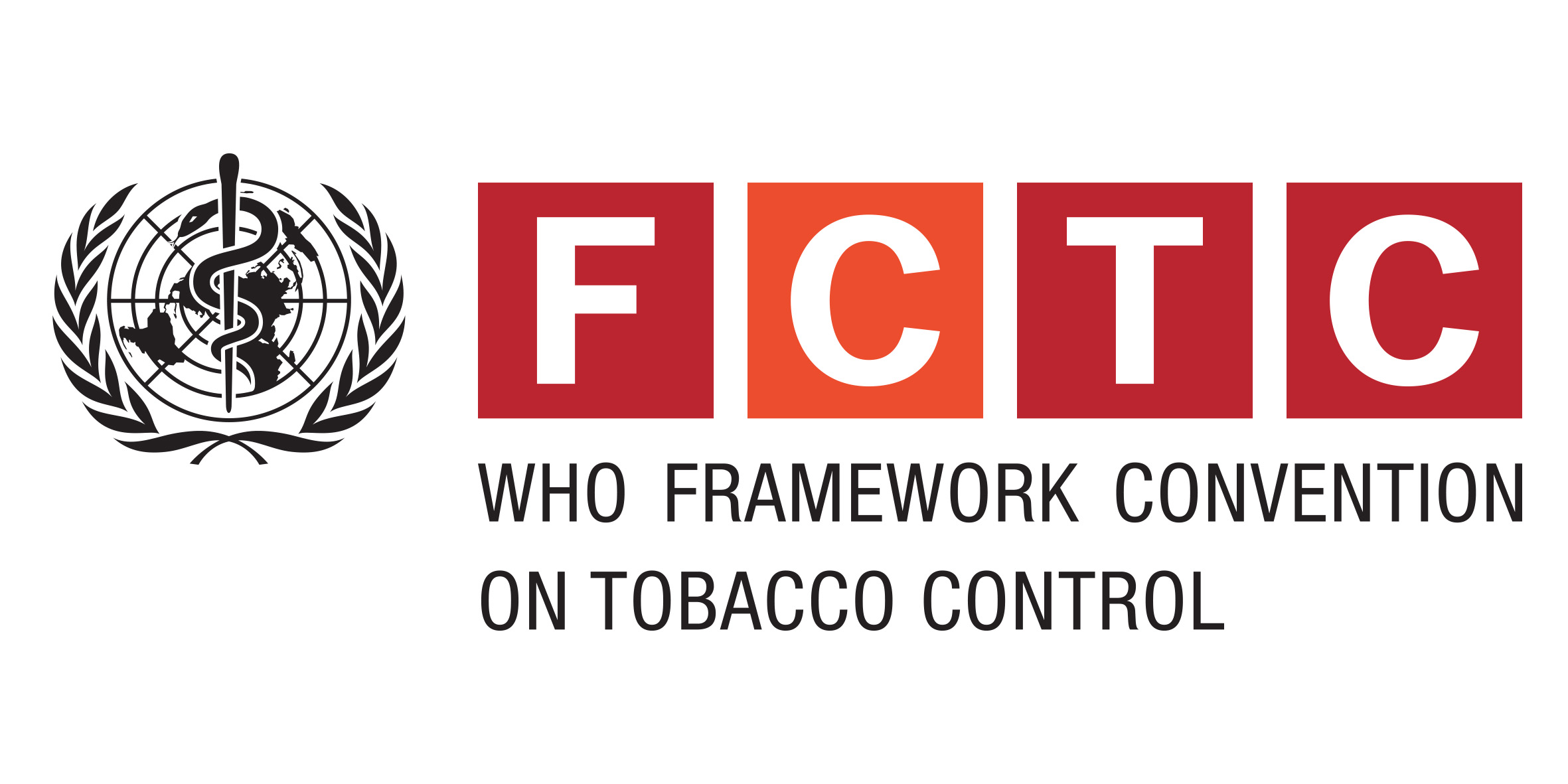Journal Article
Print(0)
IPPF medical bulletin
IPPF Med.Bull.
Apr
24
2
2
4
LR: 20131121; JID: 0166245; 0 (Contraceptive Agents); 0 (Contraceptive Agents, Female); 0 (Contraceptives, Oral); 0 (Contraceptives, Oral, Combined); 0 (Hormones); 0 (Progestins); 4G7DS2Q64Y (Progesterone); OID: CPFH: 26766cr990; OID: PIP: 060908; OID: PO
ENGLAND
0019-0357; 0019-0357
PMID: 12316285
eng
Journal Article; J
Unknown(0)
12316285
PIP: The International Planned Parenthood Federation International Medical Advisory Panel drew up the following statement in November, 1989. Breastfeeding is good for the infant. Antibodies passed to it from the mother protect it from infection. Patterns of breastfeeding are changing. Therefore, the risk of pregnancy is increased. Postpartum amenorrhea plays a major role in natural fertility regulation. Studies from around the world show a positive correlation between the length of breastfeeding and the length of lactational amenorrhea. Amenorrhea lasts longer in those who breastfeed more often at night and during the day. There is controversy over the effect of nutrition on postpartum infertility. Pregnancy and the puerperium are a good time for counseling on maternal nutrition, child spacing, breastfeeding, and contraceptive methods. Counseling nursing mothers about potential fertility during lactation should be based on local information. All women should be advised to fully breastfeed. Family planning programs should cooperate with maternity services in providing counseling and education for postpartum women who need contraception, for providing referral services, for producing educational resources, and in training health personnel. Postpartum contraception should be included in the training of traditional birth attendants. Women who do not breastfeed can select any contraceptive method. Mothers who nurse must not hurt success of lactation or the infant's health. Nonhormonal contraception should be the 1st choice for lactating women. IUDs do not harm infant growth or lactation. Postpartum insertions are appropriate, though care must be taken. Female sterilization can be conveniently done at this time. Barrier methods are reliable when used regularly. The failure rate should be lower when used after delivery. Progestagen-only contraception consists of progestagen-only pills, injectables, and Norplant. These do not affect quality and quantity of breast milk or length of lactation. They are suitable for those who do not wish nonhormonal methods. There are possible consequences, however, of the transfer of the steroid to breast milk. Hormonal methods should not be used earlier than 6 weeks postpartum. High and low dose oral contraceptives adversely affect the quality and quantity of breast milk. They also reduce duration of lactation. They should be withheld until 6 weeks after delivery, or until the infant is weaned--whichever comes first. The efficacy or periodic abstinence in nursing women requires further analysis.
Ambulatory Care Facilities, Amenorrhea, Biology, Breast Feeding, Contraception, Contraception Behavior, Contraceptive Agents, Contraceptive Agents, Female, Contraceptives, Oral, Contraceptives, Oral, Combined, Counseling, Demography, Endocrine System, Family Planning Services, Fertility, Health, Health Planning, Health Planning Guidelines, Hormones, Infant Nutritional Physiological Phenomena, International Agencies, Intrauterine Devices, Lactation, Milk, Human, Nutritional Physiological Phenomena, Organization and Administration, Organizations, Physiology, Population, Population Dynamics, Postnatal Care, Postpartum Period, Pregnancy, Progesterone, Progestins, Reproduction, Sexual Abstinence, Sterilization, Reproductive, Barrier Methods, Breast Feeding--beneficial effects, Breast Feeding--changes, Clinic Activities, Contraceptive Agents, Progestin, Contraceptive Methods, Contraceptive Methods Chosen, Contraceptive Usage, Demographic Factors, Family Planning, Family Planning Programs, Family Planning, Behavioral Methods, Female Sterilization, Human Milk, Infant Nutrition, Ippf, Iud, Lactation, Prolonged, Maternal Physiology, Nutrition, Oral Contraceptives, Oral Contraceptives, Combined, Postpartum Amenorrhea, Postpartum Programs, Postpartum Women, Progestational Hormones, Program Activities, Programs, Puerperium, Recommendations, Sterilization, Sexual
International Planned Parenthood Federation IPPF. International Medical Advisory Panel IMAP
http://vp9py7xf3h.search.serialssolutions.com/?charset=utf-8&pmid=12316285
1990

